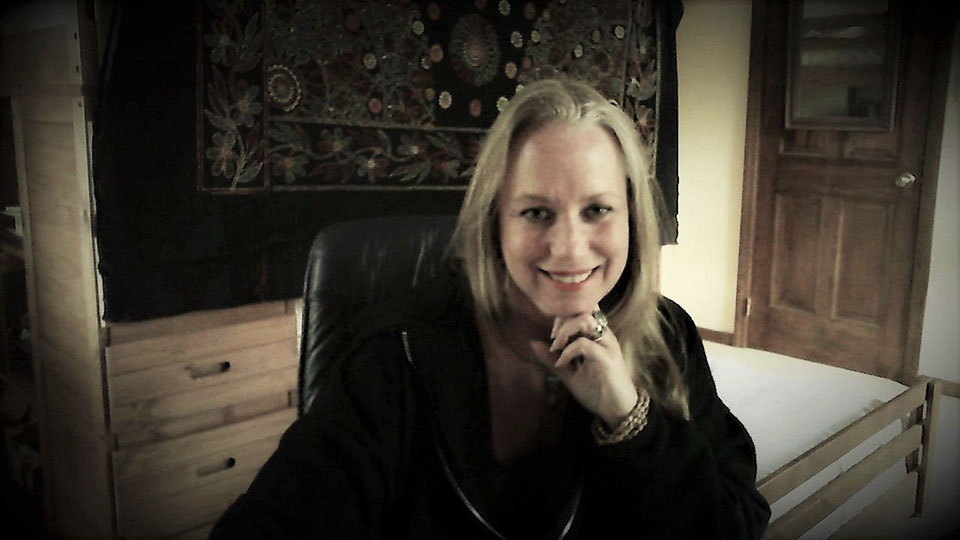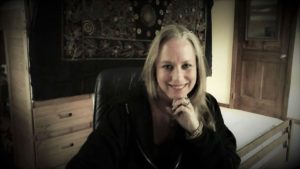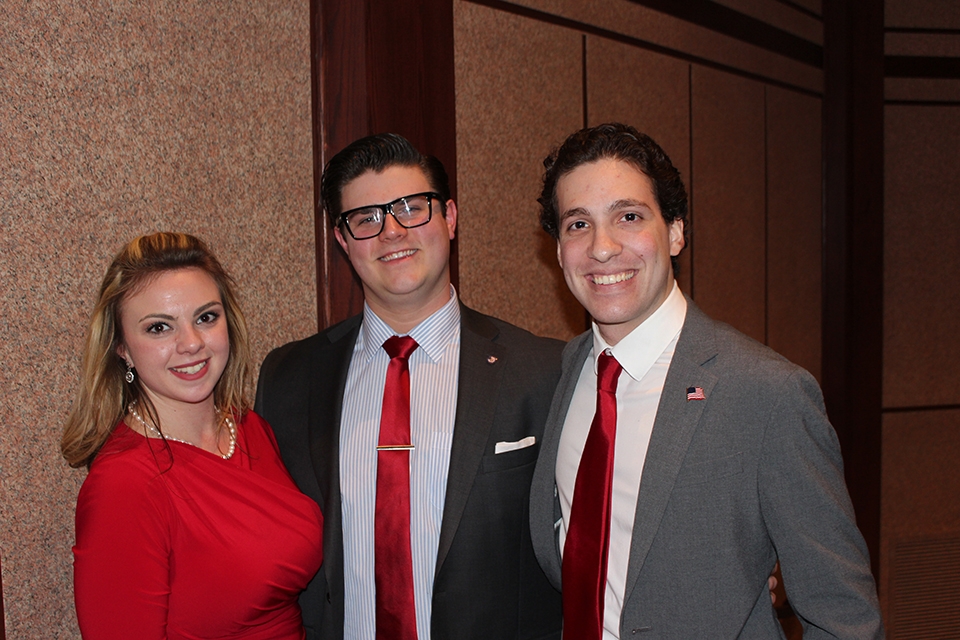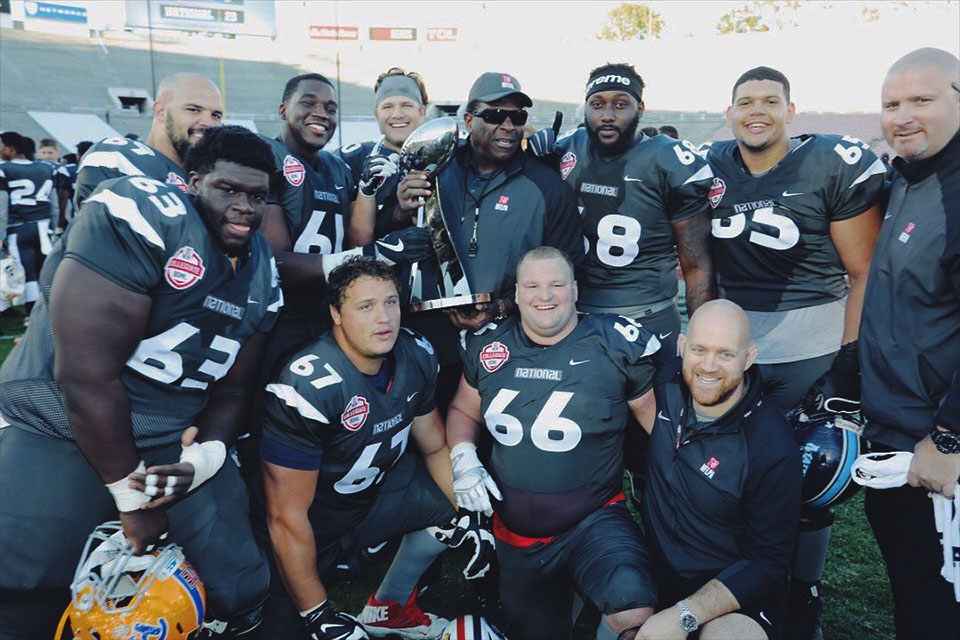
The OsTea study about bone health at Duquesne University is led by Paula Witt-Enderby, a pharmacology professor in Duquesne’s School of Pharmacy.

The OsTea study about bone health at Duquesne University is led by Paula Witt-Enderby, a pharmacology professor in Duquesne’s School of Pharmacy.
Kailey Love | Managing Editor
08/30/18
What’s the tea, sis? A Duquesne University pharmacology professor plans to find out.
Dr. Paula Witt-Enderby, a professor in the School of Pharmacy, is leading a study that will explore the effects of herbal tea on bone loss, specifically on those with the condition osteopenia. While it is less severe than osteoporosis, osteopenia is similarly characterized as having weak or thinning bones and occurs in both men and women. Though menopausal and postmenopausal women are usually at greater risk of thinning bones due to hormonal changes, Witt-Enderby’s study will include both men and women ages 18 and up.
“The fact that we are also enrolling younger people and males makes this study unique since most studies target menopausal women since they account for the greatest amount of fractures worldwide,” Witt-Enderby said. “However, one out of five males over the age of 50 will experience an osteoporosis-related fracture in their lifetime. Younger people are also experiencing more bone-related injuries”
Participants of the study will consume three types of herbal tea three times a day for a span of three months, and Witt-Enderby is joined by a team of nine pharmacy students.
Witt-Enderby’s previous research has focused on how to prevent bone loss, primarily in menopausal women, using alternative strategies.
A previous study she conducted with a research team beginning in 2008 was the world’s first to focus on the effects of melatonin on bone health. The OsTea study is part of Witt-Enderby’s broader interest in examining how diet and lifestyle choices help or hinder bone strength.
She became interested in tea’s effect on the bone while on sabbatical, when she was training to become an Ayurvedic health counselor. She defined Ayurveda as “a 5,000 year old Eastern practice that focuses on diet and lifestyle to prevent and treat disease.”
“As a requirement for certification, I had to compare Western approaches to treating bone loss to Ayurvedic approaches,” Witt-Enderby said. “In my research, I found that certain teas demonstrated some benefit to bone, but I wanted to take it further since this is my area of expertise.”
Following her board-certification, Witt-Enderby brought the study back to Duquesne and her research team began the test the effects of certain teas on cells within her lab.
“We are generating exciting results in the cell culture models and are excited to merge these data with our clinical findings,” she said.
The recruiting phase of the trial began in July, and already have people enrolled.
Anyone with an interest in participating in the study can call 412-396-4296 to determine their eligablity nd visit the trial’s information page on the U.S. National Library of Medicine’s website for more information about the clinical trial.




